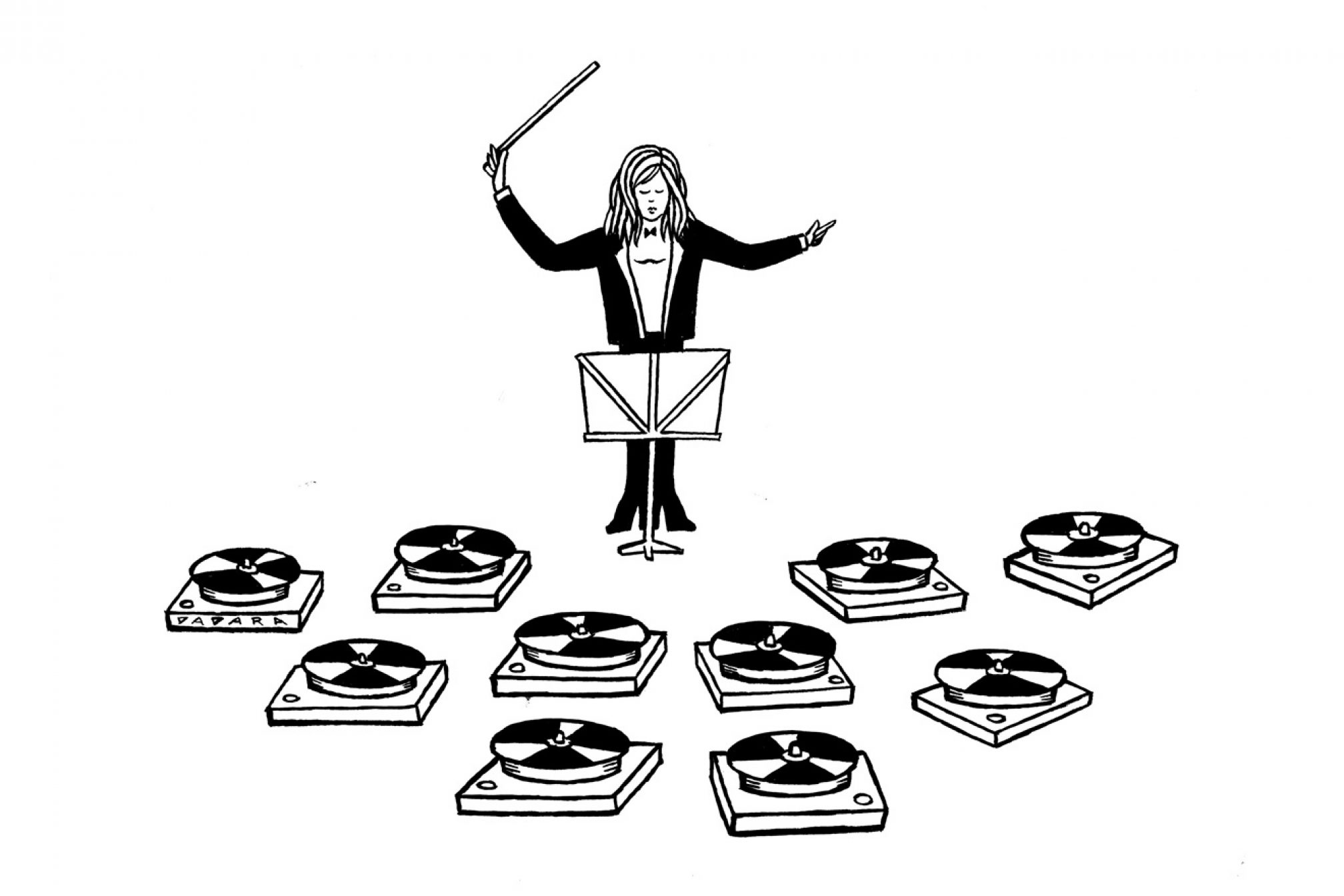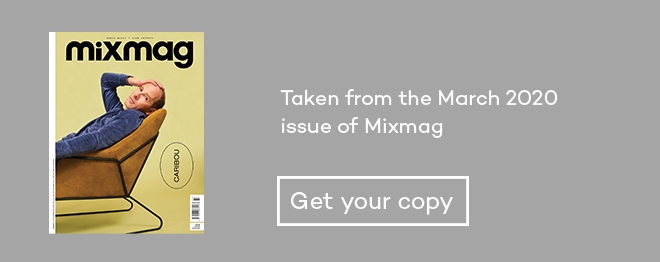 Comment
Comment
Post-club: Why DJs and producers are leaving nightclubs behind
More and more electronic artists are moving away from the club space
In 2016, French-Canadian producer Marie Davidson made ‘Adieux Au Dancefloor’. The straightforward French lyrics set forth her feelings about the club scene; she speaks of losing herself to nightlife, suffering solitude and anxiety, and even refers to being in ‘l’enfer’ (hell). Three years later, in August 2019, she announced that she was giving up live performance altogether.
She’s not the first artist to fall out of love with the club, and she won’t be the last. Post-Avicii, and with a new and welcome transparency around artists’ mental health and addiction, many are acutely aware of the mental and physical risks of the typical ‘DJ lifestyle’. In a recent piece on Mixmag.net featuring tips from artists on how to stay sober, minimising time in the venue was suggested as a valuable technique by people like secretsundaze’s Giles (‘’If you have to do an in-and-out job don’t feel bad, you need to prioritise yourself”) and promoter Kai from Abode (“Don’t get to the club 3-4 hours before your set, treat it as a job”).
Read this next: The music industry should be held accountable for Avicii's death
The reasons for moving away from the club space are just as often artistic, though, especially for those with decades in the game. Jeff Mills has often expressed frustration with the standard nightclub set-up. From his improvisational jazz quartet Spiral Deluxe to his orchestral projects, he’s pioneered a meshing of the classical tradition with the (perceived) disposability of electronic music that’s helped to reveal the depth and artistry not just of his work but of techno to people who would never set foot in a club.
Read this next: DJs share their tips for going sober in the rave
And Jeff’s not the only Detroit originator to step into the orchestral world. When Derrick May launched his own orchestral project last year, he talked not about outgrowing the club environment, but about finding a medium for music that he had always intended to be cinematic in scope: “Everything I make, every song I create, I always feel an orchestra in it. I make what I like to call ‘scenery music’. It’s scenery music with a touch of victorious ambition within it.” His former prodigy Carl Craig is another who’s embraced the potential of orchestration with his Versus project.
Meanwhile, for many multidisciplinary artists, the club space isn’t a broad enough canvas to get across all their ideas. Jessika Khazrik has all the DJ chops required to smash clubs internationally, but also produces work like ‘Mount Mound Refuse’, a sound and poetry performance more at home in a gallery or event space.
Derrick May believes the democratisation of formerly elitist arenas has allowed access to this new outlet. “[The orchestra audience] has always been a very highfalutin’ kind of clientele… a very precise community that was only interested in enjoying it as it once was, and it would always stay the same and they knew it and became a part of that society because they enjoyed that part of it. Now, a lot of [them] are in their late 70s or middle 80s, and they don’t come out any more. They’re not there to support the orchestras any more... one reason why orchestras reached out to electronic music artists.”
Read this next: Strings 'n' synths: Like it or not, dance music's gone orchestral
At the same time, much of the club scene has changed, in many cases becoming less a place of expression than of consumption: a circuit for DJs and artists, where the emphasis on ever-grander spectacle and production can alienate not only the crowd but the DJs from the music, eating away at the idea of the club as a place of subculture and resistance.
If the notion of the club has changed, so has our understanding of electronic music, with a rise in genres that demand a more intellectual reception. Simon Reynolds’ newest addition to dance music terminology, ‘Conceptronica’, for example, describes “music to contemplate with your ears, to think about and think with”. This ‘listening audience’ is quite difficult to gather in the confused euphoria of a club, hence artists like Actress, SOPHIE or even DJ Koze showcasing their music in concert venues, and the rise of ‘listening bars’. Perhaps in reaction to that is the spread of ‘club music’, a self-explanatory genre with roots in regional scenes like Baltimore and Jersey, in its undeconstructed form designed to be inseparable from the dancefloor.
Read this next: 10 venues that self-respecting audiophiles should visit ASAP
Many festivals and institutions have tried to find a middle ground between the immediacy and physicality of club culture and the ‘intellectual’ side of things, pioneered by the likes of Sónar and Unsound and exemplified by, say, Dekmantel expanding its festival to offsite concerts where you can hear experimental electronic noises from the likes of Sarah Davachi or Deena Abdelwahed.
The risk, of course, is that by moving away from the club space and perpetuating the idea that ‘highbrow’ insitutions like concert venues and art galleries legitimise dance music, our culture becomes disconnected from its roots. Club culture should seek to change these institutions, rather than alter itself to fit in. We owe them nothing.
But as long as enough clubs remain real, subcultural shelters for creativity, pride, love, freedom and fun, we’ll be OK. And as for Marie Davidson? Well, she may no longer be performing in person, but her music – like the kinetic, minimalistic Soulwax remix of ‘Work It’, Mixmag’s 2019 track of the yearyear – ensures she’s still working the dancefloor, in spirit at least.
Adélaïde de Cerjat is a Paris-based freelance journalist and cultural content editor
Read this next: Get the best of Mixmag direct to your Facebook DMs



